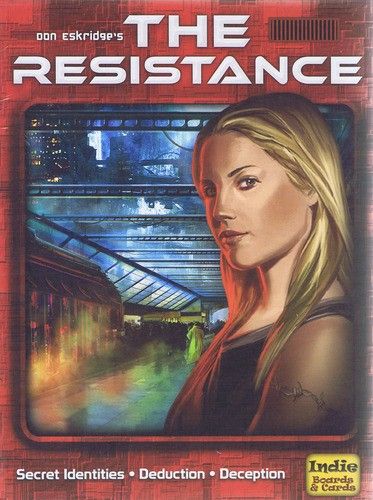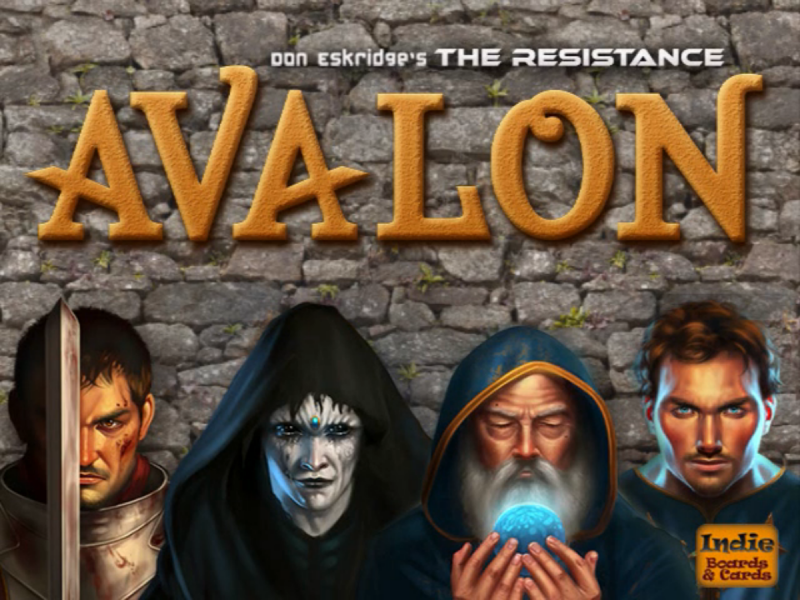
I’m finding more and more that the games that I truly enjoy playing with other people aren’t necessarily straight-up competitions. Oh, I still enjoy a good game of Magic, don’t get me wrong. And Blizzard’s collectible game Hearthstone scratches that particular itch while having a purchase system that makes you want to buy packs to both explore and collect, not just to “buy power” as you can in other free-to-play games. But with JayCon approaching, I figured I’d gather up the games I plan on taking which might get played, and I noticed that all of them have at least some level of cooperation.
Both Escape: The Curse of the Temple and Elder Sign are fully cooperative, with players rolling dice together to overcome the obstacles presented by the game. Elder Sign is perhaps best described (if somewhat derogatorily) as “Arkham-themed Yahtzee”. Players are investigators in an old museum whose exhibits are making it easier for some sort of horrific elder god to awaken. The investigators must gather the mystical signs and defeat monsters to prevent the end of the world. There is a ticking clock, and investigators have limited amounts of stamina and sanity. Escape, on the other hand, is a game played in real time. Instead of taking it in turns to explore the temple, battle its curses, and unearth its treasures while looking for the exit, players move and act as fast as they can roll their dice. The game comes with a soundtrack, which both provides atmosphere and audio cues as to when players must race for the safe room before losing one of their dice permanently. It’s a great, intense little burst of fun and adventure that only takes ten minutes to play, and it’s even fun to take on solo.
I’m sure some people are tired of me going on about The Resistance: Avalon and Battlestar Galactica, cooperative games with hidden threats. Player cooperation is not so much encouraged as demanded, and the fact that one or more players are intentionally deceiving the others adds an entirely new wrinkle to the gameplay. It’s entirely possible that two completely different levels of cooperation are going on simultaneously, all without direct communication, and that makes for a great time with friends who you may end up resenting because they were so good at fooling you. But perhaps the game I’m most eager to play (or play more of, I tried it out Tuesday night) is Archipelago.
I don’t have enough experience with the game to write up a full review, but the game is fantastic. It takes a series of various game mechanics – player bidding, worker placement, card drafting, and so on – and chains them together into a rotating arrangement of ever-evolving depth and complexity. From a relatively simple starting point, just a couple of turns in, the game explodes with choices and challenges. Each turn sees a problem on the islands that must be overcome through a combined effort of everyone involved… but not everyone has to participate. In addition to all of its other systems, Archipelago gives each player a personal, private objective. This could be as simple as having the most money or building the most churches, but it could also be supporting the natives in a war for independence. The fact that the players do not know what each other’s objectives are, and can interpret the actions of an obstinate player in multiple ways, lends even more depth and nuance to a game that is already keeping several plates spinning at once. I’m very curious to see how the game players with more than two players, especially if one is aggressive and ambitious, or if one is manipulative and keen to whatever fears may be sweeping the islands at any given moment.
Needless to say, I’m very much looking forward to this weekend. Be it rolling dice, dealing cards, or buying local beef to export pineapples to Europe, it’s going to be a great time at the tables.





